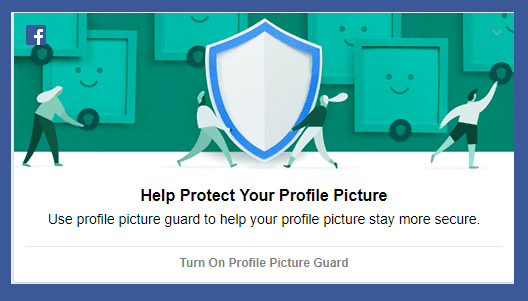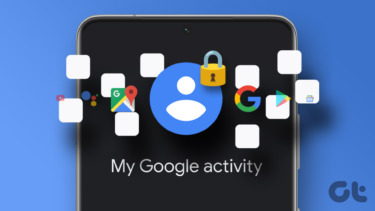Although internet-connected devices like smartphones and laptops have contributed a lot towards the enhanced productivity of individuals, the innumerable hours we’re spending on-screen does strain our eyes quite a bit. In order to ensure that you face the least amount of health issues related to your eyes in the future, here are a few ways to help your eyes relax in between these strenuous on-screen hours.
Modify Your Reading Habits
Paper is still alive and kicking! If you’re an avid reader and consume a lot of news or books online, you can consider moving to the old-school alternative of printed books, newspapers and magazines. The latter won’t incur a lot of cost given that newspapers cost a negligible amount and magazines club their online and print editions for a little extra — allowing you to have access to both. The print edition of books are a great addition to your home decor and also you won’t have to worry about them running out of battery as you’re nearing the end. Reading on a screen puts a lot of strain on your eyes, primarily due to the backlit displays. If you’re inclined on not taking a step back from technology, using a Kindle is advisable too — the one which doesn’t have a backlit display.
Monitor Your On-Screen Time
According to a Nielsen report, on an average, an adult stares at a screen for more than 11 hours, which is a major chunk of your day considering that on an average our days are 16-18 hours long. To keep a track of your screen time, either maintain a simple document or spreadsheet where you enter the hours on and off screen manually or users can install an app like Moment (for iOS) and QualityTime (for Android) that does it for you. Moment tracks your phone’s screen time, giving you the exact time for which you’ve used your phone. QualityTime does the same and it also tracks your unique app usage time. Monitoring the time that you devote towards staring at a computer or smartphone screen will give you a fair idea of what’s causing those headaches or blurry visions and you can even stop when you think you’re overshooting your average time.
Use These Tools to Help You Take Breaks and Relax
You can do this yourself, but more than often we’re too immersed in our work (or entertainment) to keep a track of the time we’ve spent in front of the screen already. No worries as there are lots of tools to assist you with that. You can use Windows based tool like Big Stretch Reminder or EyeLeo to set reminders with custom messages in order to give yourself a break in between the strenuous hours. Another tool is a chrome extension called eyeCare which, in addition to setting reminders, also suggests you eye and back exercises to relax. You can even use a timer on your PC or smartphone to set up reminders to take a break from the screen, close your eyes for a while or look away from the screen. You can also use EVO, a website which allows you to choose from pre-set timers as well as set your custom ones, which will allow the website to tell you when you need to take a break.
Keep a Notepad Handy
Undoubtedly, there are numerous note keeping apps and tools for both smartphones and computers, but taking down your notes on paper is going to go a long way in helping reduce the stress caused by screens. If you’re a student or work at an office, taking notes down on paper will significantly reduce the time you spend in front of the screen. If you’re keen on having your notes digitised, you can click a photo of the handwritten note just to keep a copy in digital form. Spending too much time in front of a screen without taking any breaks in between can be extremely harmful to your eyes and sitting in front of your computer without taking a break to stretch your muscles can be harmful to your well being too. Staying away from your screen for a while, especially when it can be done — by reading books, news and magazines in print as well as jotting notes on paper — is a good idea too, you’ll thank your younger self for taking the necessary precautions later in your life. The above article may contain affiliate links which help support Guiding Tech. However, it does not affect our editorial integrity. The content remains unbiased and authentic.











